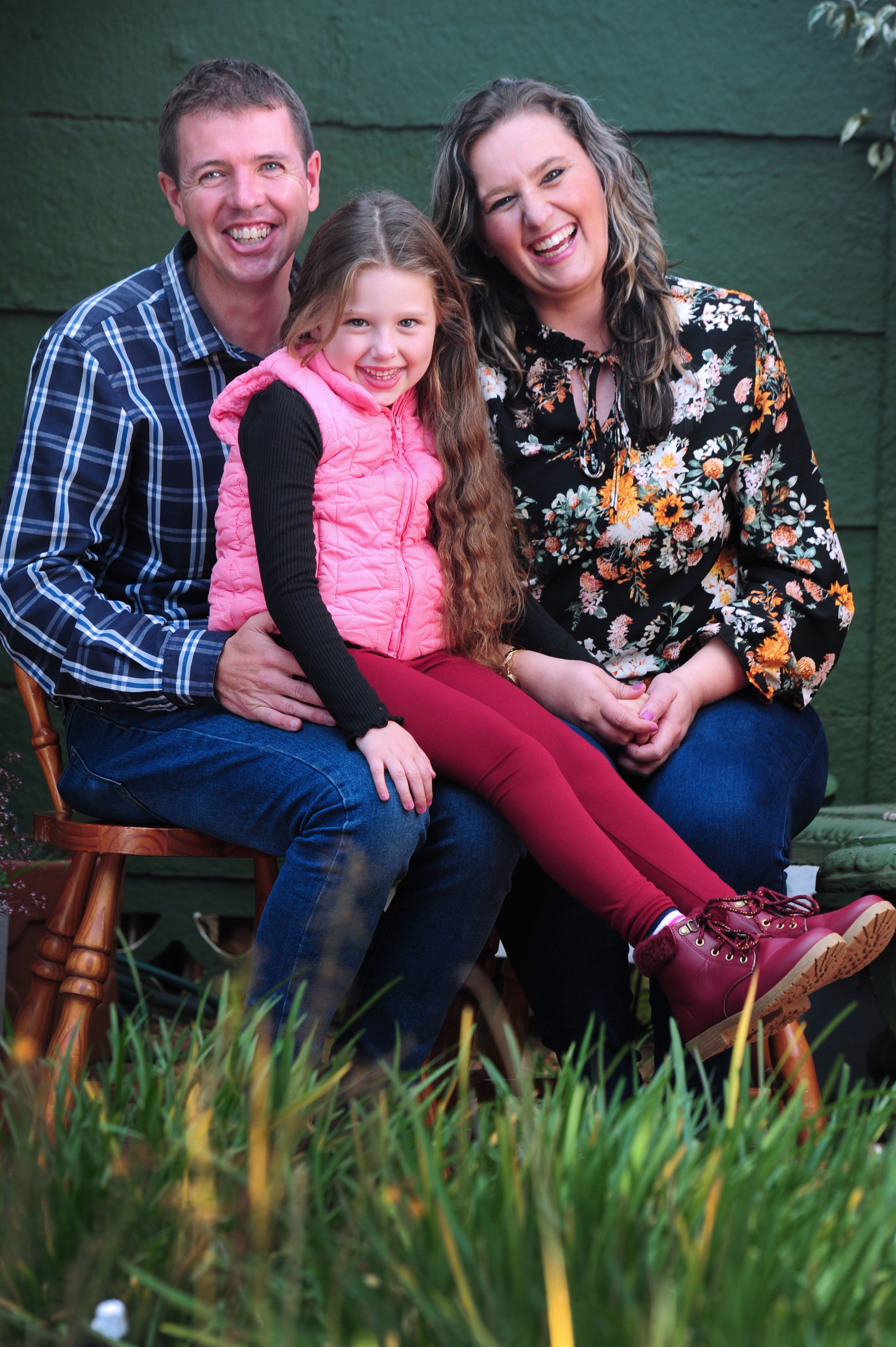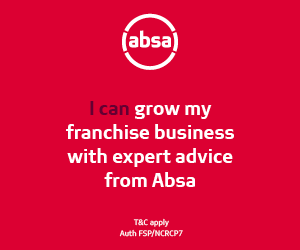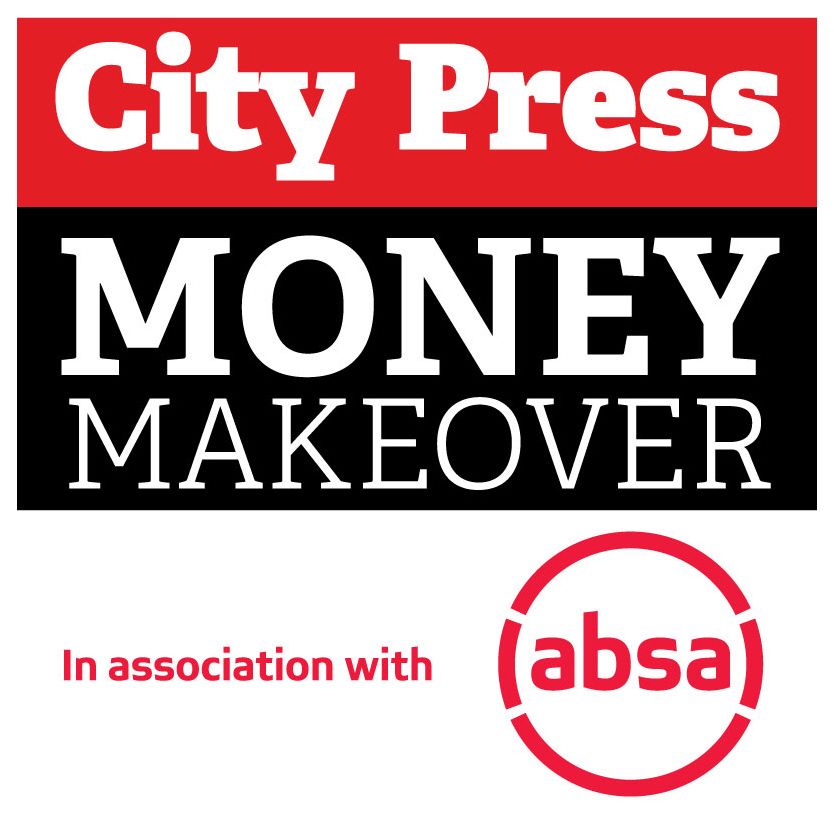Pros and cons of owning a franchise
When Sanet and Marius borrowed money to buy into a food truck franchise business, it was one of the biggest financial mistakes they would ever make. Buying into a franchise requires a great deal of investigation and homework and there are many dodgy operators in the market, writes Maya Fisher-French.

Like many people, the couple believed owning a food truck on the weekend would earn some extra cash.
“We bought a waffle franchise as a way to make extra money. We were hoping that over time we could turn it into a full-time business,” says Sanet.
The figures provided by the franchisor claimed that they could make money, and friends who had eaten the waffles at a local market attested to the fact that they were a great product. On this basis the couple took out a personal loan for R200 000 to purchase the food truck with a monthly repayment of R7 000. The contract also committed them to a monthly R5 000 franchise fee. This meant that the first R12 000 of turnover from the food truck went straight to the franchisor and loan repayment. The couple were selling around 120 waffles a month at a price of R60 per waffle. This earned them R7 200 which did not even cover the fixed costs let alone the price of the stock and their time.
When Absa financial adviser Pieter Myburgh and Abigail Makhubele, Absa National Business Development Manager for FMCG (fast moving consumer goods) and Consumer Services, looked at the business, it was clear the couple could not realistically meet the figures required.
“Looking at the income they generated from the franchise there is simply not enough income to cover the operations,” says Myburgh.
In the contract agreement the franchisor took no responsibility for the validity of the numbers they had provided. Furthermore, the contract limited them a specific area which included only one market where they could operate. There were simply not enough venues for them to sell their waffles.
“This is not the first person I have met who entered into a franchise agreement blindly,” says Myburgh who says many people get excited about an idea without asking the right questions or asking a legal expert to examine the contract or an accountant to assess the financial viability.
Although the couple were committed to the contract for several years, Myburgh and Makhubele assisted in writing a letter to the franchisor raising the list of issues and broken promises. The franchisor agreed to release them from their franchise agreement and the R5 000 monthly franchise fee. The couple are now in the process of selling the food truck to help settle the loan. The couple are fortunate that the franchisor did not go the legal route and incur further expenses. “This is a problem we see all the time,” says Makhubele who adds that franchise agreements are often heavily in the favour of the franchisor with little recourse for the franchisee. “The franchisor usually has much deeper pockets than the franchisee who is already struggling to make ends meet. They cannot afford to go the legal route and incur legal fees.”
“It was a hard and expensive lesson. If we decide to buy a franchise in the future, we will make sure that we follow the right channels, do our homework and meet with professionals to guide and assist through the process,” says Sanet.
Side bar: What to consider before buying into a franchise
Makhubele says that a good franchise can be a great business, but you need to do your homework and understand the commitment required. “Not everyone is cut out to be a franchisee. It takes hard work and commitment,” says Makhubele. Many franchise stores will be in shopping centres that are open seven days a week. You will be expected to be operating all those hours as well as public holidays. “This is not a business for someone who wants to be with their family over the weekend or take long holidays,” says Makhubele who adds that as a franchisee you also need to abide by the rules of the franchisor and maintain standards. While a good franchisor will be there to support you, you still need to have your own team and be self-motivated, “it is not a franchisor’s job to babysit you”.
The advantages
1A franchise offers a proven concept and therefore reduced capital needs. When the franchisee acquires an outlet, they only invest in their outlet.
2Accelerated growth due to increased buying power and marketing clout that is formed by the franchise system.
3Franchisees become brand ambassadors and create a network support among themselves. The franchisees become intelligence gatherers on what works and what does not work and can end up being advisors to the franchisor to fine tune the franchise operations.
4Hands on franchisor operators are advocates for under-performing branches and have resuscitated poor performing stores.
The challenges
1Set up costs: There are significant set up costs to comply with the brand look and feel and standards set up by the franchisor.
2Long time to break even: Due to the high set-up costs and time to build your market, initial operating losses are inevitable. Makhubele says a franchisee needs to have enough cashflow to support the business for the first six to 12 months. One cannot rely on borrowing money to fund this shortfall as that will eat into profits and make the business unsustainable
3Unrealistic projections: Franchisors may overinflate the potential financial performance of the business. They may not account for the specific market that you are operating in. Different income groups will result in different profit margins. Not every location is worth the same amount. As Sanet explains, the franchisor set the waffle price at R90 but the customers found this too expensive. “People would get to the food trailer, see the price and then walk away because it would cost a family of four R360. We had to drop our price to R60,” says Sanet who adds that even at that price they could only sell around 30 to 40 waffles a weekend.
4Unfair contracts: Makhubele says many franchise agreements are heavily in favour of the franchisor. Any exit clause usually requires the franchisee to pay any outstanding franchise fees for the period of the agreement. The agreements also protects the franchisor from any liability in projected figures.

Funding your franchise
When it comes to financing your franchise business, Makhubele says banks are most likely only going to be prepared to finance 50 percent of the purchase price. The bank wants to see that the franchisee has committed their own equity. She also advises that one apply for a business term loan rather than a personal loan. This has several advantages. Firstly, a business loan has lower interest rates. If Sanet and Marius had taken a business loan their interest rate would have been capped at prime plus 10%. As they had taken a personal loan, the interest rate was far higher. The bank will require you to do a formal business plan which brings discipline into the process. “Although we expect franchisees to have done their own homework and be certain about their investment, we will still do our own viability assessment,” says Makhubele who uses a recent example where a client applied for a R10 million loan to purchase a franchise. “We knew this store had been on the market for a long time and we know the area is in decline. We did not think it was worth what he was paying, and we declined the loan.” Sometimes being turned down for a loan should be warning sign to check your figures.

Box: Tips before you buy:
“I cannot over-emphasise researching brands before making an investment, take your time and contact existing operators. The financial livelihood can be changed by one wrong decision made on the spur of a moment,” says Makhubele
1Assess the area: “A quick calculation of the income potential in the area versus the sales projections provided by the franchisor can reveal whether the figures are realistic or not,” says Makhubele who advises accessing the local municipality’s Integrated Development Plan (IDP). This will provide you with the different income segments, from there you draw a sample of what population will be your potential target segment and you conservatively target the percentage of the population that will buy your products. “This will tell you if the Franchisor did their homework or just a thumb suck. It also gives you information as to what areas are being developed and if there are new opportunities in the area. Is the town growing or is it going downhill?”
2Speak to other franchisees: Any good franchisor will share the details of their franchisees and encourage you to meet with them. They would also provide you with any business closures or relocations and the reasons for them. “If a franchisor is not prepared to share this information, walk away,” says Makhubele. Sanet recommends that before you buy go work a few days in a franchise store. “This will give you a feeling of what life will be like and if it suits you. You will also be able to see if the sales they are getting are what you have been told by the franchisor.”
3Beware of “too good to be true” deals: Makhubele says if the franchise is offering unrealistic returns or making unrealistic promises then you should be wary. No business is easy and it takes time to build up a market. This must be reflected in the numbers. You should speak to the Franchise Association of South Africa to ensure that the franchise is registered with them, although being a member of FASA is not necessarily a guarantee of a good product, it should be a basic requirement.
Box: Five questions to ask
- Is the market you are operating in growing, declining or flat, this will determine your viability?
- Is the growth sustainable overtime?
- Are the margins sufficient to cover franchise fees while making a profit?
- Will the development costs provide a satisfactory return on investment?
- The unique selling proposition, how easy it is to be duplicated by competitors?
If you really want to get your finances in order, you have to start tracking your spending. If you cannot commit to that, it is unlikely you will be able to reach your goals.
Follow the journey – and join in – @CPMoneyMakeover on Facebook and Twitter
Absa Enterprise Development assists SMEs with access to business development support, markets access and access to funding based on certain criteria’s being met. For further information on Absa Enterprise Development you can email ed@absa.africa
You can follow the story on social media #CPMoneyMakeover

Facebook: @CPMoneyMakeover

Twitter: @CPMoneyMakeover
Subscribe below for the Money Makeover Newsletter







